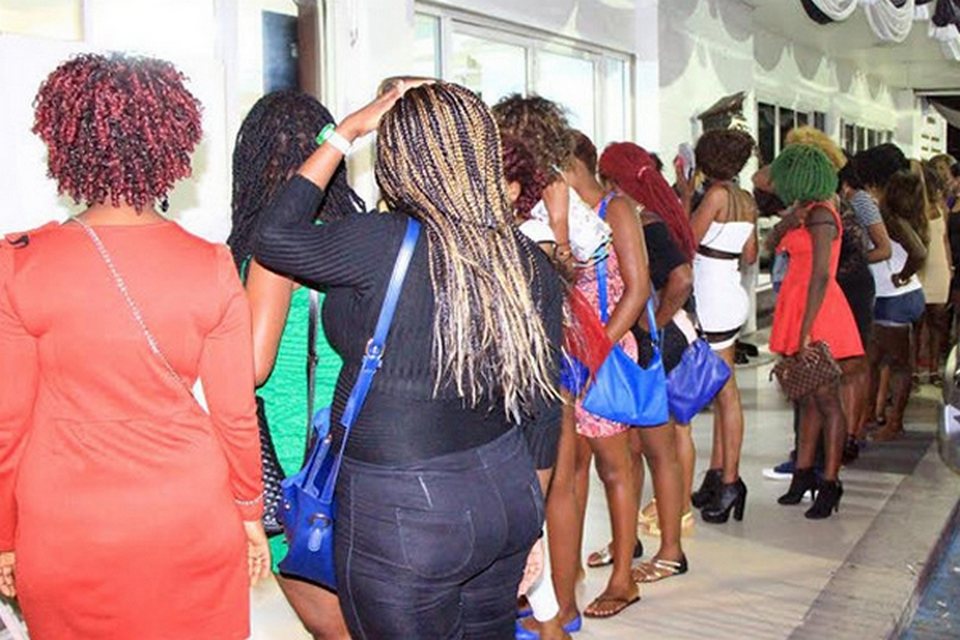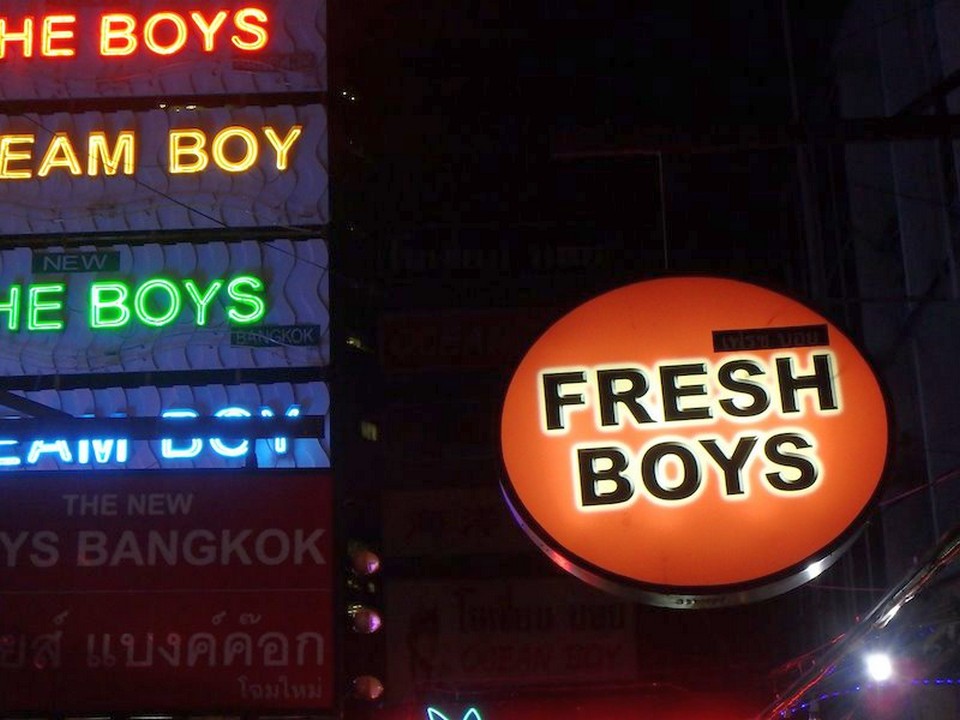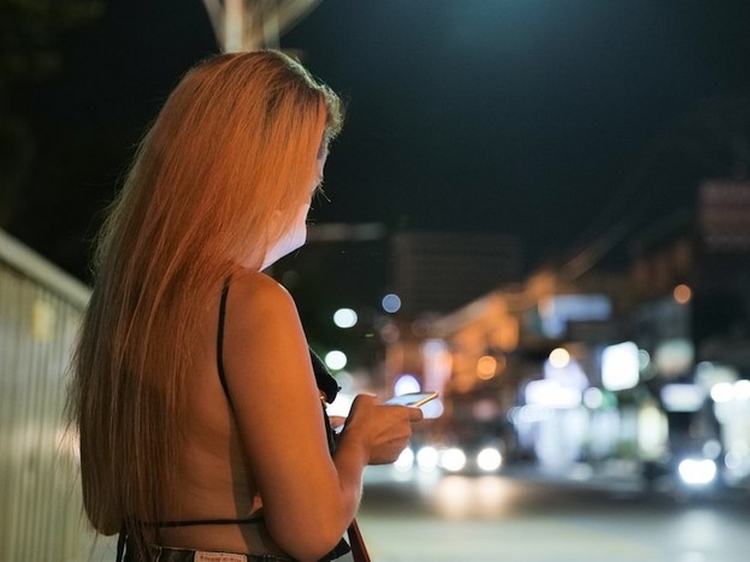
Although prostitution between consenting adults has been illegal in Thailand since the 1960s, Pattayans have always known that the many laws covering sex for hire, brothels, backroom frolics, pimps and soapy massages are to be taken with a pinch of salt. Some of the arrests over the years have been quite bizarre. A raid on a Pattaya club hosting “indecent displays” resulted in the arrest of two stage-hands playing backgammon, whilst a buxom maiden detained for “provocative dancing in the nude” was released after arguing successfully that she was not naked after all. She was wearing a top hat.
Currently, there is mega-agitation by Thai pressure groups such as the Empowerment Foundation to reform the law wholesale by making adult prostitution legal for the first time. Leader Thanta Laowilawanyabul has campaigned for many years to give dignity to sex workers by providing access to social services and health care, whilst protecting them from nasty brothel keepers and human traffickers. Some politicians are showing interest in a parliamentary bill after finding out that paid sex could be taxable. Cynics say the real issue, as in the legalization of casinos debate, is who gets to milk the cash cow.

The Pattaya sex workers themselves are far from convinced collectively about legalization. For one thing there’s the issue of zoning. It’s being suggested by government spokesmen that lawful commercial intimacy would be restricted to certain areas such as Walking Street in Pattaya. 25-year old Samantha said, “I and many others get our johns (clients) on Beach Road and not in night clubs. Many men want to cruise in public at night. Forcing us into restricted areas isn’t going to work.” She also claimed that 10 percent of female prostitutes in Pattaya are migrant foreigners – Ugandans and Uzbeckis for example – who won’t be covered by liberalization of the law in any case. They are usually fined 100 baht (US$3) for a first offence and deported if persistently on the game, according to local media reports.
A transvestite prostitute, who goes by the name Sunny Side Up, argued it’s a myth that legalization dignifies sex workers. “The whole idea is to copy Germany and Holland and to make money for the top people.” She explained she had visited Australia with her former boyfriend where she found out that in Victoria government-sponsored casinos authorized the redeeming of casino chips in local brothels. Her friend Eggs Benedict said that most girls-on-the-game she knew were free-lancers who certainly did not fancy registration and health checks with the authorities in return for paltry state benefits.

While it is claimed by liberalization groups that decriminalization would not result in an expansion of the sex industry, research from other “liberated” countries suggests otherwise. A more likely consequence in Thailand would be an explosion of tabletop dancing extravaganzas, peep shows, phone sex, porno and bondage centers in the zoned areas as they will experiment just how far they can go. Payments to corrupt policemen won’t stop. The situation in gay areas of Pattaya, notably Boyztown and Jomtien Complex, also has to be taken into account. For example, go-go dancers are forbidden in Jomtien which is technically described as a “residential area”. That distinction might be hard to maintain when gay clubs are part of the hank-panky zones.
While it is undeniable that human trafficking and physical and sexual abuse are part of the prostitution game worldwide, it is far from clear that decriminalization in Thailand will bring about the golden dawn promised by the legal reformers. Meanwhile, patrols by police and welfare workers found no trace of prostitution in central Pattaya on a well-publicized night march last month. A prostitute later admitted she had hidden behind a tree whilst the procession passed by as she contacted her john by mobile. “What’s the point of changing the law on night clubs when people prefer to use their telephones?” she wondered. Quite so madam.





